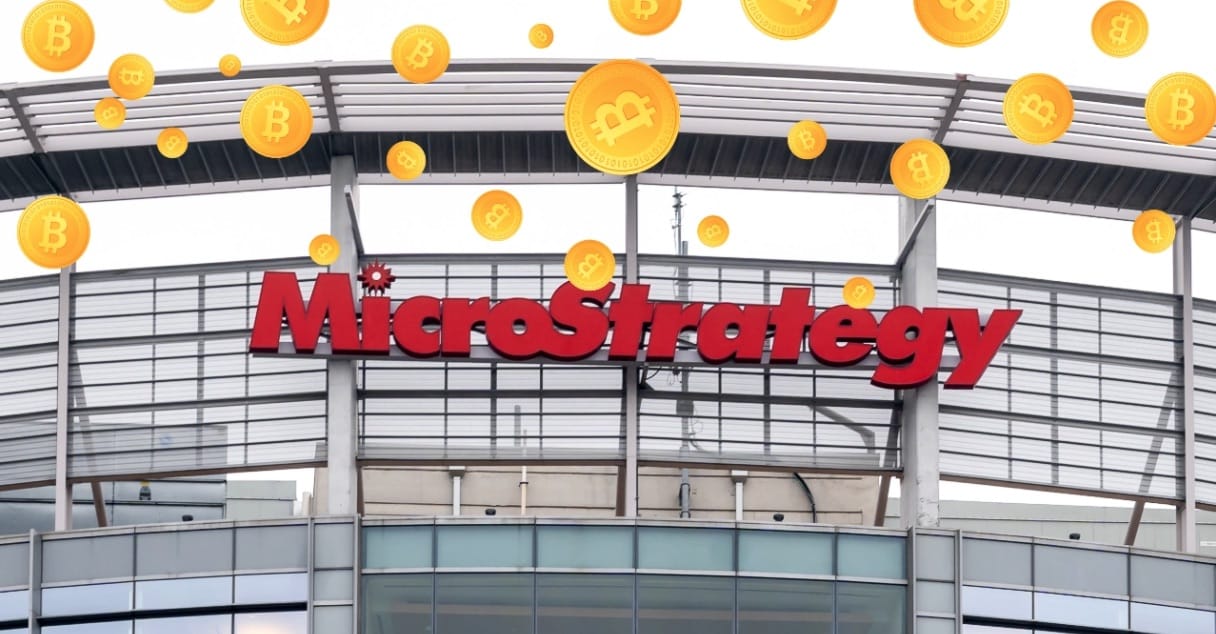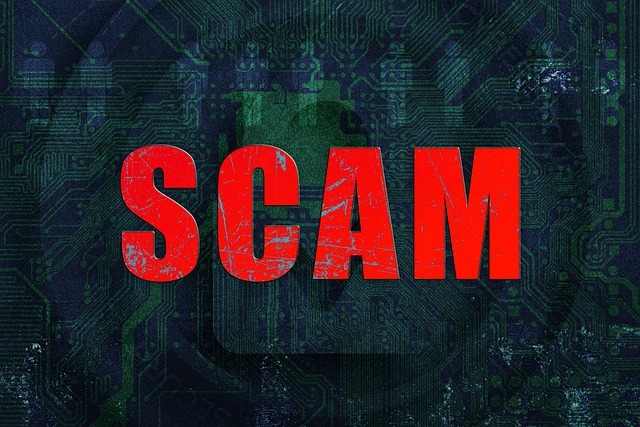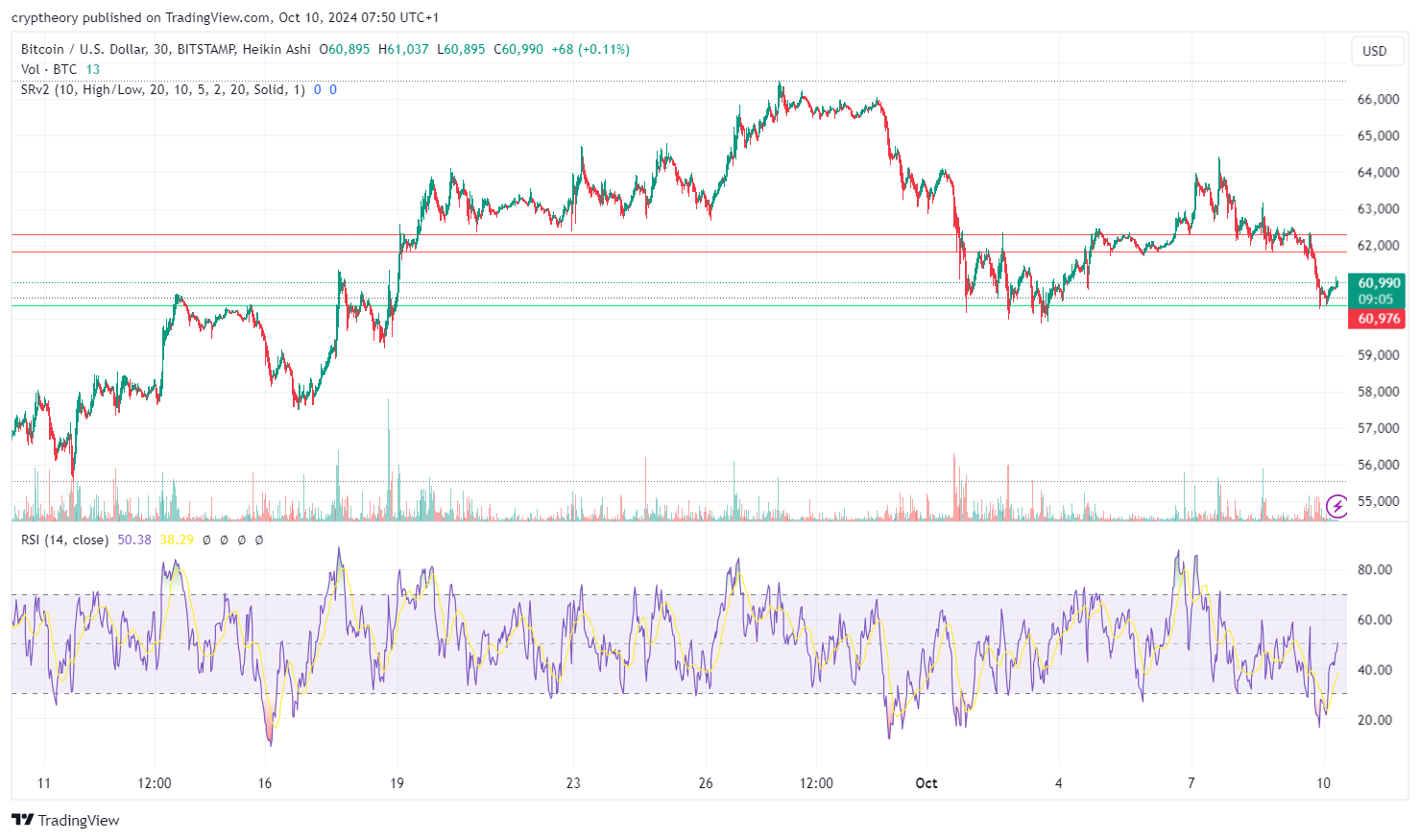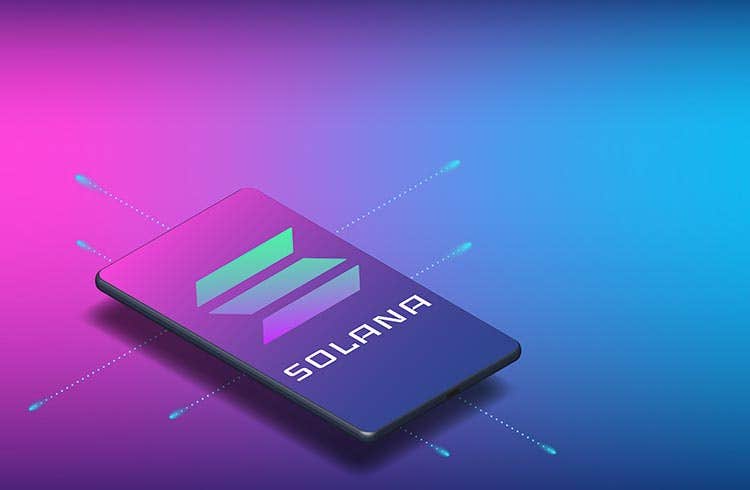According to the announcement, the EOS Foundation intends to fork the network (hard fork) and separate it from Block.one.
According to EOS Foundation, the new network will be called EOSIO, a kind of “rebranding of the network. At the same time, the group wants to take control of the blockchain out of the hands of Block.one, the company that created EOS. The hard fork is scheduled to take place on the 21st of September.
Ever since EOS made its Initial Coin Offering (ICO) in 2017, Block.one and the EOS Foundation have been in a battle. From the performance of EOA after the announcement, the market seems to approve of the intention to distance itself from the company.
Promising ICO but no deliveries
In 2017, Block.one raised $4 billion through the EOS ICO. To this day, EOS holds the record for the most fundraising ICO in the entire history of this market.
However, Block.one failed to deliver on all the promises made to investors. As a result, EOS, which peaked in 2018, failed to recover. Even during the market rally in 2021, EOS managed to at most approach its highs.
At first, EOS aroused the interest of big names in the market, such as PayPal co-founder Peter Thiel. But the dispute between the EOS Foundation and Block.one has weighed on and alienated many investors.
Start of disputes
The EOS Foundation is led by Yves La Rose, who announced the completion of the hard fork scheduled for September. Initially, La Rose worked to strengthen the Foundation’s ties with Block.one, but the relationship soured.
In February, La Rose accused Block.one of acting with “negligence and fraud” following the EOS ICO, and filed a lawsuit against the company. Afterwards, the community voted to stop issuing EOS tokens purchased for Block.one at the end of 2021. This resulted in the issuance of 67 million EOS being blocked.
With the hard fork, the EOS Foundation prepares to completely sever ties with Block.one, in what La Rose called a “new chapter”. In this sense, the Foundation will take control of the network and EOS will be named EOSIO.
Within this process, the Foundation plans to transfer ownership of the project away from Block.one and its affiliated companies, regaining control. That’s why they suggested the creation of the hard fork, which will be responsible for this step.
“This marks the end of a turbulent journey from source code controlled by a toxic entity to a truly decentralized and open source project,” La Rose said Monday.






















